House geckos, also known as lizards, are small, typically nocturnal reptiles that can be a nuisance if they invade your home. While they are generally harmless and even beneficial in some ecosystems due to their insect-eating habits, having them inside your house can be unsettling. Fortunately, there are effective methods to rid your home of these little intruders.
Other Topics You Might Like
Helpful Products You Might Like
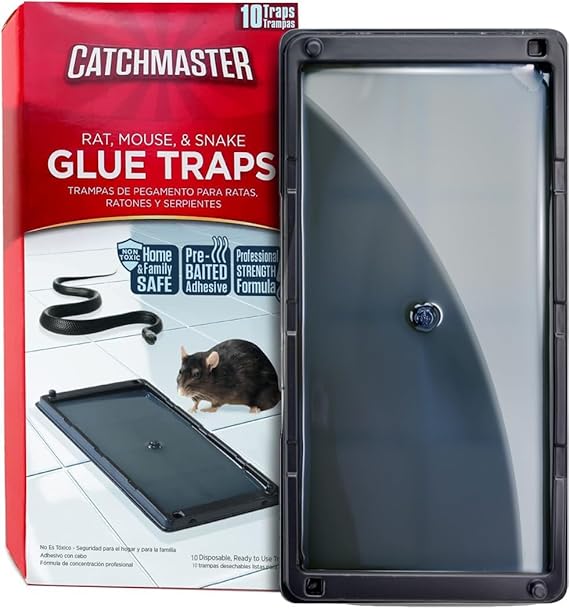
Catchmaster Rat Mouse & Snake Glue Traps
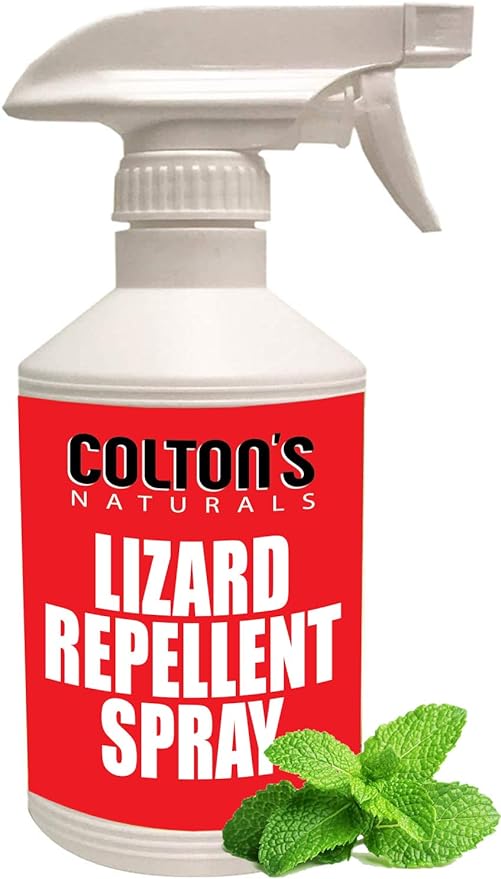
Colton's Naturals Lizard Repellent Spray
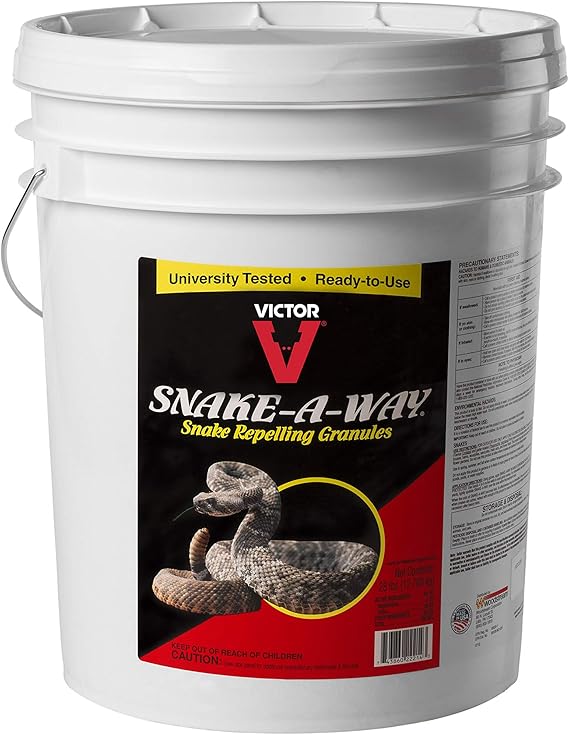
Victor Snake-A-Way Snake Repelling Granules
"(Paid Links)" 
Understanding House Geckos
Before tackling the problem, it helps to understand house geckos. They are attracted to homes for several reasons:
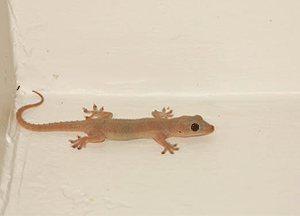
Food Sources
Geckos feed on insects like mosquitoes, flies, and spiders. If your home has an abundance of these pests, it will attract geckos.
Shelter
Geckos seek shelter in homes to escape predators and harsh weather conditions.
Light
Outdoor lights attract insects, which in turn attract geckos.
Preventative Measures
The best way to deal with house geckos is to prevent them from entering your home in the first place.
Seal Entry Points
Inspect your home for any cracks or openings through which geckos can enter. Pay close attention to windows, doors, and the foundation. Use caulk or weather stripping to seal these gaps.
Reduce Outdoor Lighting
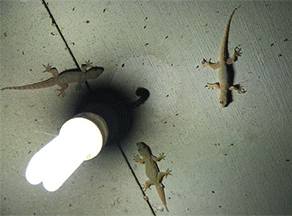
Since geckos are drawn to insects, and insects are attracted to light, reducing outdoor lighting can help. Use yellow bulbs or sodium vapor lights, which are less attractive to insects.
Manage Insects
Reducing the insect population around your home is key. Use insecticides, traps, or natural predators like ladybugs to keep insect numbers down.
Natural Repellents
If geckos have already entered your home, consider natural repellents:
Eggshells
Scatter eggshells around entry points and areas where you’ve seen geckos. They dislike the texture and will avoid these areas.
Garlic and Onion
Place slices of garlic and onion in strategic locations. The strong smell is off-putting to geckos
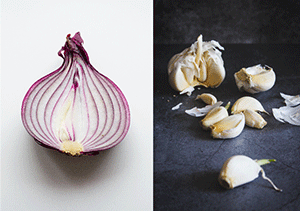
Coffee and Tobacco Balls
Mix coffee grounds and tobacco, then shape them into small balls. Place these in areas frequented by geckos. The smell repels them, and ingestion is harmful.
Trapping and Relocation
Traps are a humane way to deal with geckos:
Glue Traps
Place glue traps in areas where geckos are active. Once caught, release them far from your home
Bottle Trap
Create a simple trap using a plastic bottle. Cut off the top, invert it, and place bait inside. Geckos will enter but struggle to escape.
Chemical Repellents
As a last resort, use chemical repellents designed for reptiles. These can be effective but should be used with caution, especially in homes with pets or children.
Professional Pest Control
If you’re dealing with a severe infestation, professional pest control might be necessary. Pest control experts can identify entry points, remove geckos, and provide long-term solutions to keep them out.
Maintaining a Gecko-Free Home
After removing geckos, follow these steps to ensure they don’t return:
Regular Cleaning
Keep your home clean and free of food scraps. Vacuum regularly to remove insect eggs and larvae.
Monitor Entry Points
Regularly inspect and maintain seals on windows and doors.
Outdoor Maintenance
Trim vegetation near your home and remove debris that can serve as hiding spots for insects and geckos.
Conclusion
House geckos can be a nuisance, but with the right approach, you can effectively get rid of them and prevent their return. By sealing entry points, reducing outdoor lighting, managing insect populations, and using natural repellents or traps, you can enjoy a gecko-free home. If all else fails, professional pest control can provide the necessary expertise to address the problem.
